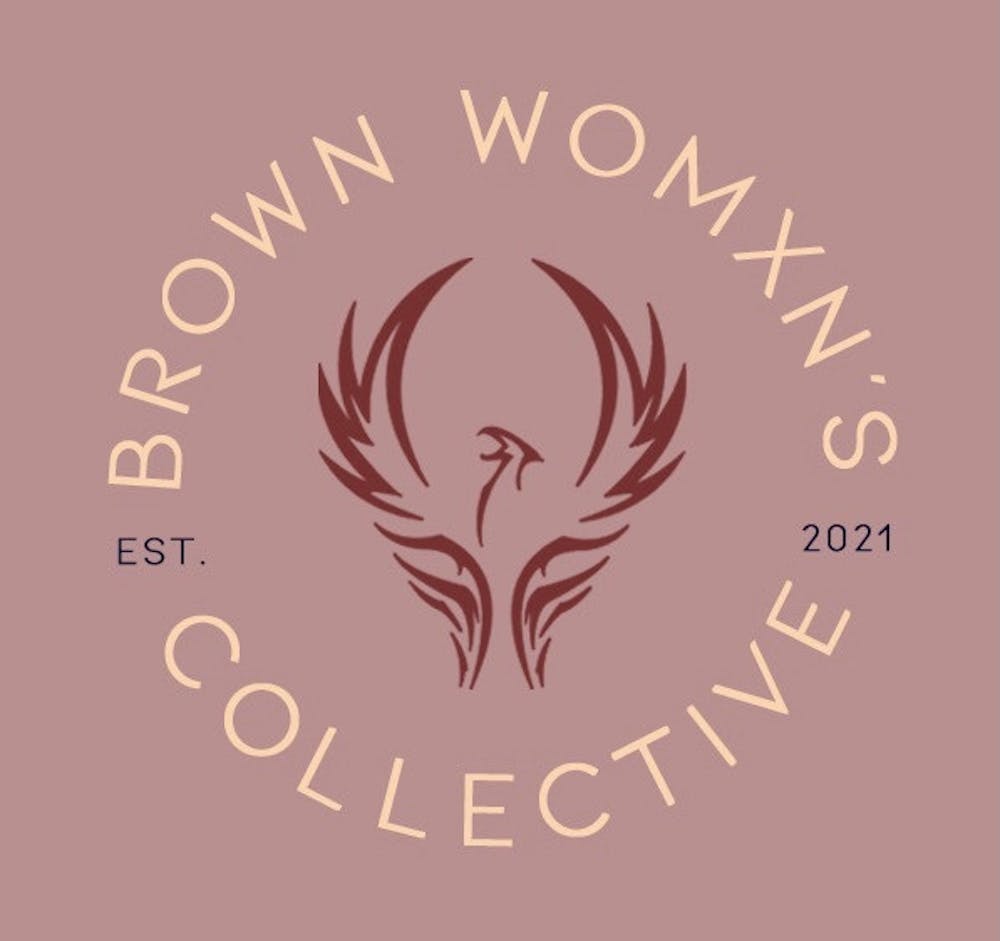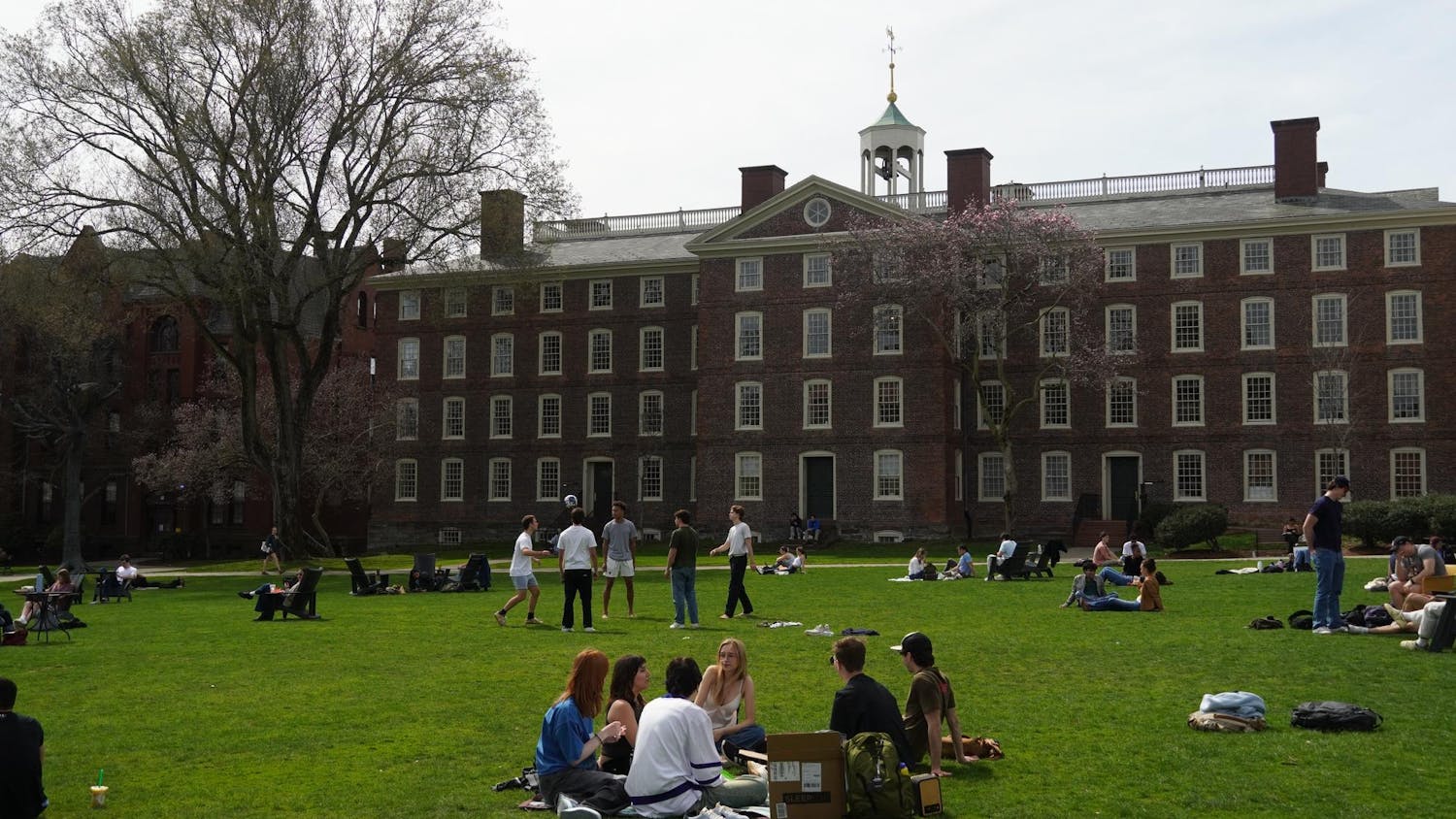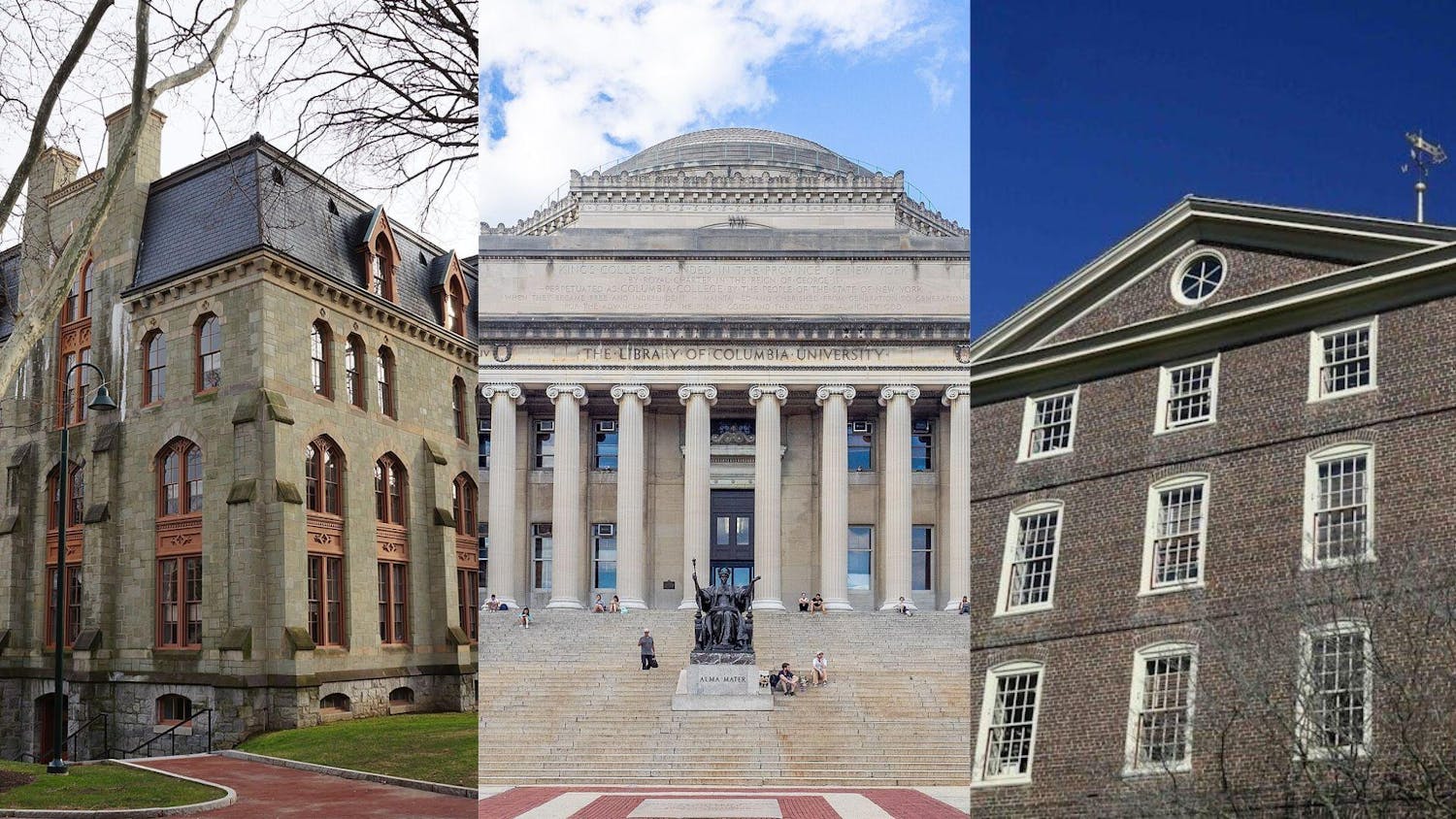The Brown Womxn’s Collective, a program house founded in the wake of a 70-member exodus from Kappa Alpha Theta last October, held its first recruitment sessions over the weekend of Feb. 6 and ultimately extended 65 bids to new members.
In the fall, the 70 members who voted to disaffiliate from Theta cited Greek life’s historic exclusion of people of color and a disillusionment with Theta’s national chapter, which former members said was resistant to diversity and inclusion efforts. The vote left only seven active members of Theta remaining affiliated with the sorority.
“BWC started as a group of womxn who wanted to create a community at Brown that centers around female friendships and that prioritizes diversity, inclusion and accessibility in everything that we do,” Abby Yuan ’21, outgoing CEO of BWC, wrote in an email to The Herald.
With many goals for BWC in mind, Yuan wrote about the importance of diversity and inclusion in the new program house. “Above all, we wanted to create a womxn-oriented organization at Brown that holds diversity in all aspects at its core and empowers womxn to build relationships with others who value the same,” she wrote.
BWC received formal approval from the University in December 2020 to become an official program house, and launched in January 2021. BWC spent December and January developing their new recruitment process, which was mostly led by seniors. BWC’s leadership is composed of an eight-officer executive board with eight additional officers comprising the cabinet.
“It has been very exciting to create our own structure and start everything from scratch,” incoming CEO of BWC Emma Blake ’22 wrote. It “has allowed our members to have more input into how the organization is run.”
In its first recruitment process, BWC focused on making the organization accessible and inclusive. A total of 123 students registered for recruitment, according to Blake.
“While the logistics of a virtual recruitment were tough in planning events for that size, we were really excited about the (number) of applications we received and did our best to accommodate for that throughout our recruitment process,” Yuan wrote.
BWC leaders conducted “extensive” training offered through the University prior to recruitment on diversity, equity and inclusion, as well as unconscious bias, Blake wrote in an email to The Herald.
Leonie Alder ’22, chief diversity, equity and inclusion officer, said BWC “wanted to make sure everyone had a fair opportunity to get to know us and for us to get to know them.” Alder led pre-recruitment discussions “on the unconscious and implicit bias in our lives, especially in the context of Zoom because our interactions are much different now than they were face to face,” she added.
BWC also made sure that “no prior relationships between prospective members and existing members were given any priority or weight,” Blake wrote. “Rather, we sought to match BWC members with applicants they didn’t previously know” during the recruitment process, in which BWC members have conversations with applicants to ultimately choose new members.
BWC sent out a form to applicants before recruitment to ensure its events met all accessibility and technological needs, Yuan wrote. Applicants were allowed to turn Zoom cameras on or off depending on their comfort level.
Starting in Fall 2021, BWC will be located in Marcy House where rooms will be allotted through an “internal lottery system,” Yuan wrote.
Because BWC is a student-run organization, it is allowed to determine its own dues system. “While there will be dues to pay for programming and events, BWC will be implementing a pay-what-you-can policy as one form of financial aid and is in the process of creating an alumni fund where alums can donate money in the future to subsidize dues for BWC members.”
While BWC has not yet set its dues for this semester, they will be lower than a normal semester, Yuan wrote. Most of the funds will go towards furnishing the program house’s new space in Marcy as well as offsetting some house and community service event costs in the fall.
With their independence, BWC will be able to address diversity and inclusion on its own terms, without the oversight of a national organization such as Theta.
“Because we are a student-run organization, we have the ability to be independent since we don’t have to follow anyone’s restrictive guidelines,” Alder said. “If there is an issue, we will handle it because we know our values and what we stand for, and we don’t have to compromise anything because someone higher up may disagree with us.”
With their own set of self-determined priorities, “we have the freedom to take control of the initiatives we want to pursue and really educate ourselves about those issues,” Alder added.
Alder is leading the application process for new members to join the DEI committee, as well as shaping the committee’s priorities.
“I hope it will be a really robust, large committee with lots of members who want to be involved in all areas of (it), from how we post on social media to our philanthropic efforts,” Alder said. “I’m really happy in my role because I feel like I have a tentacle in every aspect of (BWC) to make sure we are as diverse, equitable and inclusive as possible.”
Yuan and Blake also expressed confidence in the potential impact of the educational initiatives they plan to lead, including workshops on “racism, gender-based and sexual violence, disability justice and LGBTQ+ rights,” Blake wrote.
Yuan wrote that she is hopeful about the future of BWC, while acknowledging the work that lays ahead.
“While there is still a lot of work to be done in improving accessibility and inclusivity within these types of spaces at Brown, I am hopeful that this is a step in the right direction,” she wrote. “The ability for us to have launched in January and received so much interest from prospective members is such a wonderful testament to the passion of our members, and I hope that this community will continue to grow and expand its impact once Brown returns to in-person events.”
Yuan also hopes that through educational initiatives and community service, BWC will be able to extend its impact to the greater Providence community.
Blake echoed Yuan’s statements, noting that the excitement from the Brown community for BWC has reaffirmed their goals.
“BWC serves as a really unique space in which we can pursue initiatives, events and programming in ways most meaningful to our members,” Blake wrote. “That being said, I think what ties us together as a community is our passion for living up to these goals, and so I am looking forward to building this space alongside all of our members.”

ADVERTISEMENT




